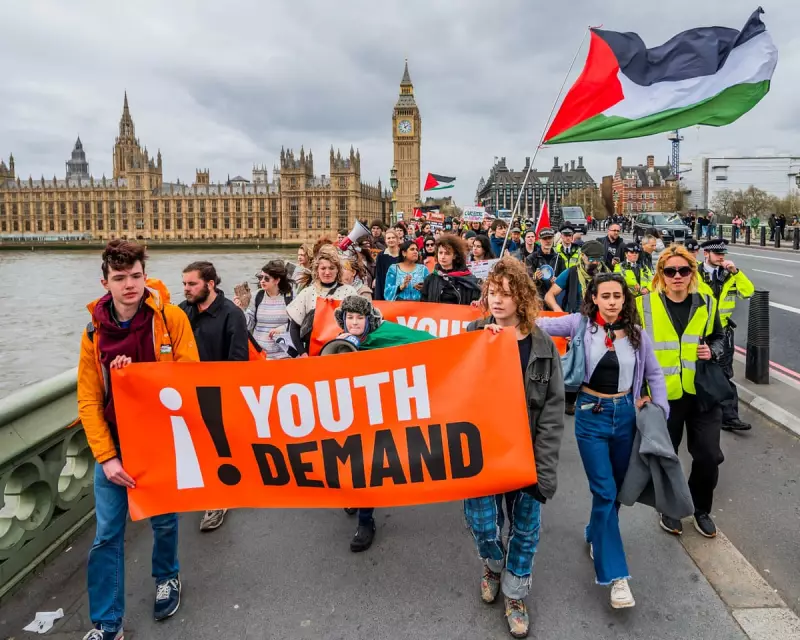
The Metropolitan Police has come under intense scrutiny after confirming the use of controversial stop and search powers during recent pro-Palestine demonstrations in central London. The force authorised Section 60 orders, granting officers enhanced powers to search individuals without reasonable suspicion in specific areas and timeframes.
This tactical decision, covering zones around Parliament Square and Whitehall, was defended by the Met as a "necessary and proportionate" response to intelligence suggesting a heightened risk of violence, including the potential use of weapons. Deputy Assistant Commissioner Matt Ward stated the measures were a direct result of assessing previous protest behaviours and specific threats.
Balancing Act: Security Versus Civil Liberties
However, the move has sparked a fierce backlash from civil liberty groups and political figures. Critics argue that the blanket use of such powers risks alienating communities and eroding public trust. The charity Liberty condemned the tactic, emphasising that stop and search has a disproportionate impact on people of colour and can feel deeply intimidating.
"It is a sweeping power that undermines the freedom to protest and risks dividing communities," a spokesperson stated, calling for a focus on de-escalation instead.
A Pattern of Protest Policing
This incident is not isolated. The Met's approach to managing the frequent and large-scale pro-Palestine protests over the past year has been consistently under the microscope. The force has repeatedly highlighted the significant resource drain these events demand, with over 45,000 officer shifts dedicated to protest policing since the conflict in Gaza began.
While the vast majority of protesters are peaceful, police point to a small but disruptive faction intent on confrontation. The Section 60 authorisation is presented as a tool to preemptively manage this threat and ensure broader public safety.
Political and Public Reaction
The debate has spilled into the political arena. Green Party peer Jenny Jones criticised the measure as an "over-the-top reaction" that could exacerbate tensions. Conversely, the government has largely backed the police's operational decisions, emphasising the challenging environment officers operate within.
The Met maintains that all uses of stop and search are subject to rigorous scrutiny and that officers are expected to treat everyone with respect and explain the reason for the search. The outcome of this particular authorisation and its effectiveness will likely fuel ongoing discussions about the balance between security and individual freedom in a democratic society.





